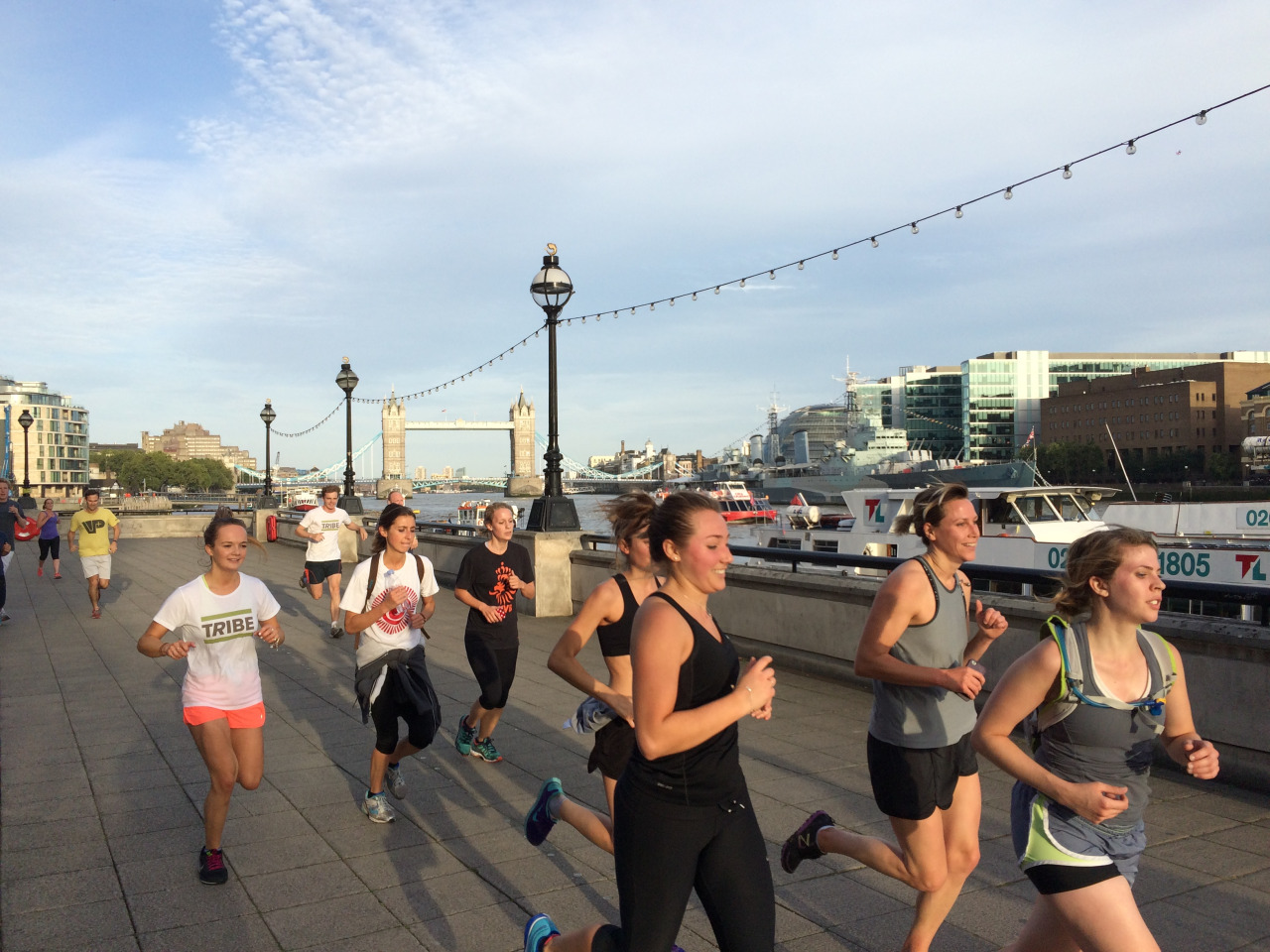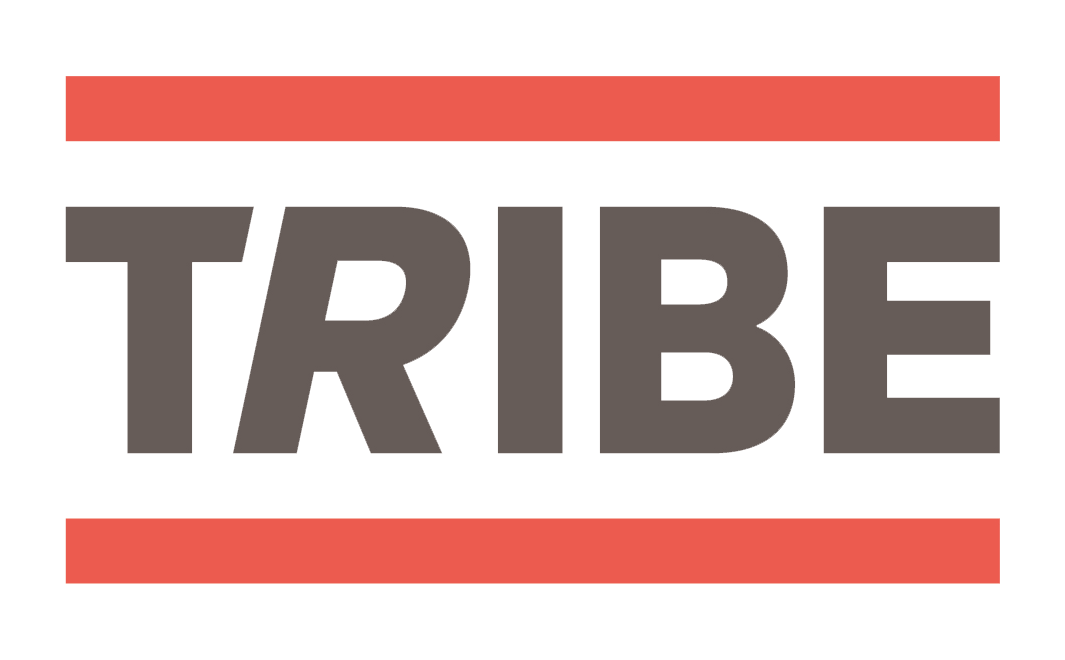Ready, set, EAT…
It’s 24 hours pre-marathon and the nerves are kicking in. Food may be the last thing on your mind, but planning is key. Use this optimal window to ensure your body is fuelled with the correct nutrients required to power you through those 26.2 miles.
When it comes to marathon nutrition, carbohydrate is a vital macronutrient. Carbohydrates are the main source of glycogen, the first fuel reserve your body uses when exercising. Adequate stores of muscle glycogen are essential for endurance exercise lasting over 30 minutes and depletion of these stores will lead to loss of energy and subsequently fatigue. Research has shown that carbohydrate intake the day and morning before a marathon significantly influences marathon time. It was found that a higher carbohydrate intake resulted in a faster marathon time whereas no effect was found regarding protein and fat intakes. So does this mean we should carb-load?
The struggle that runners describe as “hitting the wall” is the result of their glycogen reserves being used up. By carb-loading runners can increase glycogen reserves pre-marathon and therefore prevent depletion early on. Research suggests that 3 days of carb-loading prior to race day is sufficient to build up reserves, sustaining your energy levels and enabling endurance.

Carbohydrates can be made up of simple sugars (like in sugar, fruit, vegetables, milk) or more complex forms (like in starchy vegetables, whole grains etc.). These differ in their chemical structure and are digested at different rates. Supplying your body pre-marathon with a complex carbohydrate rich breakfast means that your body is more likely to have a constant energy supply for your muscles, rather than a sudden peak and rapid fall. This will ensure a slow release of energy to help you endure those 26.2 miles!
Oats are a fantastic choice for breakfast as they are packed with a high complex carbohydrate content to ensure a slow release of energy throughout your run. Why not try the Tribe Maca Cashew Porridge with White Mulberries before your next run?
Although not as essential as carbohydrate, proteins and fats still form part of a balanced diet and contribute to a whole host of functions within the body. Since the focus will be on the carbohydrate content of the diet at this stage of preparation, try not to worry too much about isolating protein and fat specifically. Most carbohydrate rich foods (rice, oats, pasta etc) have sufficient protein and fat to satisfy requirements. When it comes to the day before, as mentioned above, glycogen is the big player here. By this stage fat and protein reserves will already be satisfactory to supply energy once your glycogen reserve has been depleted.
In addition to glycogen and blood glucose depletion, dehydration is another factor that can severely impact performance during your marathon. Due to heat loss via sweat, a large volume of water is lost so in the 4 hours prior exercise, runners should slowly consume small volumes of water. Hydration is a vital part of nutrition pre, during and post marathon so make sure you are adequately hydrated.
Written by our friend & Nutritionist Alexis Poole, check out more of her writing on her blog, www.the-root-cause.weebly.com
